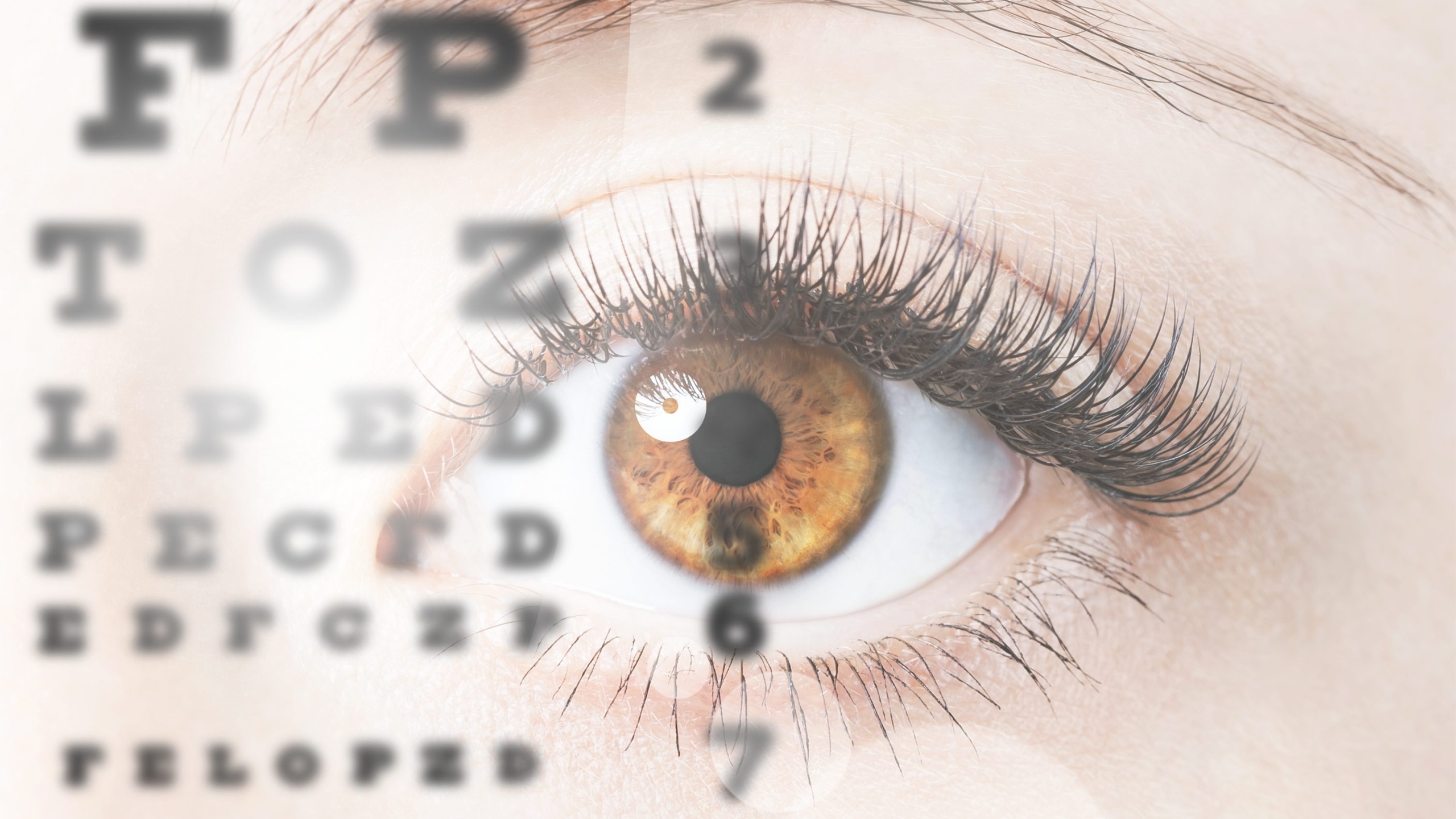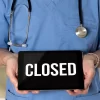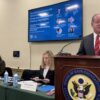Wednesday, the Alabama Senate Health Committee debated a bill that would allow optometrists to add minor surgical procedures to their scope of practice.
Ophthalmologists, doctors with a medical degree who treat the eye as a specialty, oppose the legislation.
Sen. Tom Whatley, R-Auburn, is the sponsor of Senate Bill 114.
Whatley said that he has an eye condition that requires him to wear three contact lenses. Sometimes his contacts will scratch his eye in the middle of the night and he will get a minor infection. He was under the care of an ophthalmologist, but that doctor changed professions and went to law school, leaving no ophthalmologist in the Auburn area at that time.
A simple prescription cures those infections. Prior to 1994, optometrists could not give that. Now his optometrist can do that after the legislature changed the law. SB114 is similar. It allows optometrists to perform simple procedures in their offices as part of their practice. Whatley commended his optometrist for the care that he receives.
“Auburn has grown since then and now there are a couple of ophthalmologists practicing here,” Whatley said.
There are many communities across this state that don’t have access to ophthalmologists.
Sen. Cam Ward, R-Alabaster, asked if there were any amendments to this bill, and a couple have been proposed.
Sen. Jim McClendon, R-Springville, is the chairman of the Senate Health Committee and an optometrist.
McClendon said, “Optometry made a couple of suggestions, but medical would not meet in the middle.”
Ward said, “The amendments addressed a lot of the issues that I had.”
Sen. Linda Coleman-Madison, D-Birmingham, asked, “How much training do optometrists have doing surgery?”
McClendon replied, “None of the procedures covered in the bill covers anesthesia. All of the procedures would be allowed in the office or in the clinic.”
To respond to questioning from Coleman-Madison, McClendon asked someone who is more current on optometry to address the committee’s concerns.
Dr. Josh Driver is the President of the Alabama Optometrist Association and practices in Opp.
“Our original bill had a list of excluded surgeries and procedures that we believe should be in a doctor’s office that are performed in a hospital setting,” Driver said. In the proposed amendments, “We excluded Lasix and injection to treat diabetic retinopathy.”
Driver said that procedures that would be allowed would be things like cleaning the lens off after cataract surgery and laser surgery to control pressure on the eye or any type of bumps on the lid that can easily be removed.
“These are very simple procedures that can be done in the office,” Driver said.” These are procedures that optometrists in other states perform regularly as part of their practice.”
Sen. Dan Roberts R-Mountain Brook, asked, “Is there anybody that could address this from the ophthalmology perspective?”
McClendon said, “We had a public hearing on this last week.”
Roberts said, “I would like to hear from the other side.”
Sen. Larry Stutts, R-Sheffield said, “We already had a public hearing, and we should hear from the other side.”
An ophthalmologist from Birmingham said that these are still surgical procedures, none of their optometrist colleagues have the training to perform any of them, and that is why they did not meet in the middle.
“Nothing surgical is a minor procedure,” he said.
Whatley asked that SB114 be carried over until next week, because he has to attend a public hearing in the Senate Agriculture and Forestry Committee where he is the chairman.





















































